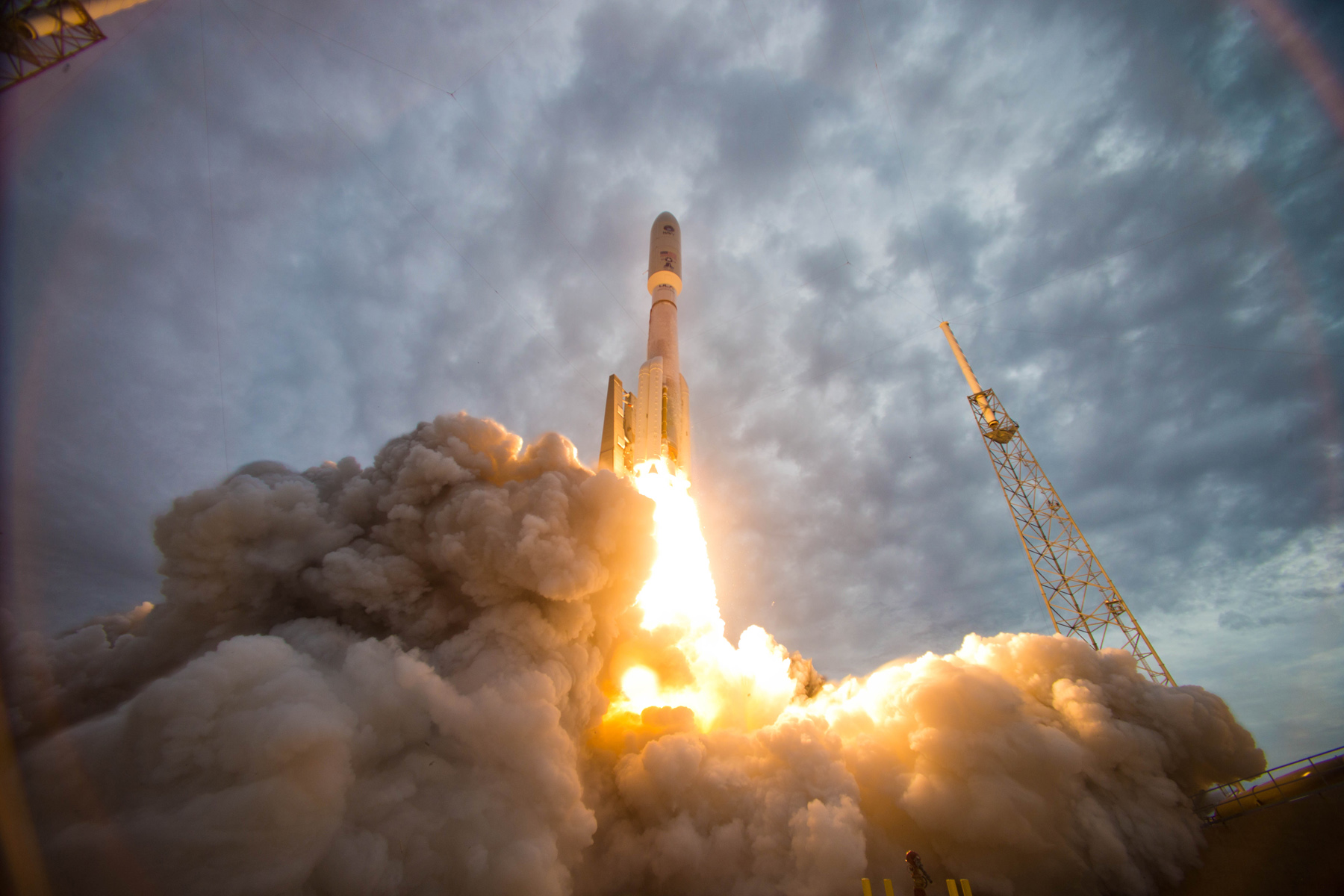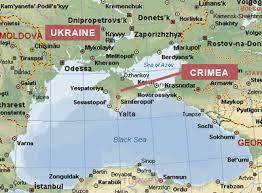Mount Entoto is often referred to as ‘the lungs of Addis Ababa’, capital city of Ethiopia. The eucalyptus-covered mountain houses several churches and monasteries, and supplies food and building supplies for local villagers. Now, it holds Ethiopia’s observatory, the nucleus of the nation’s space program and the Ethiopian Space Science Society (ESSS).
The $3 million centre has only been operational for several months. It contains two computer-controlled telescopes and a spectrograph to measure wavelengths of electromagnetic radiation. The ESSS has ambitious plans to build a second observatory, as well as launch its first satellite by 2025.
For a nation that receives that most of its income from foreign aid, a space program is not universally considered a high priority project. Over one third of the population lives below the poverty line, and 4.5 million suffer from extreme malnutrition.
It has been suggested that space programs are not worthwhile investments, and that the ‘machines for spending money’ are idealistic and costly pursuits. In the midst of these severe earthly crises, should the nation’s academics be aiming for the reaches of space?
The Paradox of Ethiopia
When Ethiopia is mentioned, thoughts often turn to famine, civil war, or maybe even its designation as the ‘cradle of humanity’. The latter assumption is the one pervasive in many African nations: an ancient and formerly prosperous civilization, now beset by poverty and corruption.
The Ethiopia of today has evolved from the Ethiopia that dominated the news decades ago. In the famine of 1983-1985, nearly 1 million individuals died of malnutrition. For many in the West, Ethiopia became synonymous with starvation.
Even though it is still one of the world’s poorest countries, Ethiopia has one of the fastest growth rates of any global economy. Ethiopia has significantly reduced rates of poverty in recent years, and is well on its way to achieving the Millennium Human Development Goals.

Reputedly the most stable country in the African Horn, Ethiopia is also politically distinct from its neighbors. After imperial regimes and Marxist juntas, Ethiopia now enjoys relatively stabilized political conditions. 2012 marked the first time that political power was transferred peacefully and constitutionally. This year’s federal election was observed to be ‘calm, peaceful, and credible’ by the African Electoral board.
Unfortunately, Ethiopia is still far from an ideal democracy. The ruling political party faces allegations of harassment against opposition party supporters and improper interference over the political process. Reports have also emerged of other abuses of power. Individuals accuse the government of using foreign aid to support a dictatorial regime. Claims of forced resettlement, media suppression, and political strong-arming cast doubts over declarations of Ethiopia as a model for African development.
The Ethiopian Space Science Society: how and why
The space program is the product of a different system from the one currently governing the country. The ESSS is principally funded by individual members, notably Saudi-Ethiopian billionaire, Sheikh Mohammed al Amoudi. For over a decade, the ESSS battled with the government for the right to establish the observatory, and to integrate space science into the public school curriculum.
With an operational space observatory, and backing from the federal government, Ethiopia is now part of a small group of African contributors to space technology and astronomical research, although it’s clear that the country is not gearing up for a space race. The true purpose of the society is explained in the first words of its Articles of Association.
‘The [Ethiopian] youth has no choice but to enhance appreciably its scientific outlook, if it is to overcome the problems of the modern age … and pull the country out of its backwardness in a short time’
Establishing food security is the most obvious source for economic investment. However, engaging future generations in space science and technology could be the best solution to long-term development.
Development about more than food security
For Ethiopia to continue its projection of unprecedented economic growth, it will need to link in to global value chains. Many developing countries, like Bangladesh, Thailand, Vietnam and India are expanding their space programs. There’s no reason for Ethiopia to be left behind.
Earth observation is expected to generate billions of dollars in revenues over the next several years. Currently, Ethiopia spends close to $100 million per year in order to access information gathered by other satellite launching nations. With its own satellites, Ethiopia will profoundly improve land-use surveillance, disaster relief, and resource management. Additionally, the country will be able to participate in valuable technology transfer, solidifying its anticipated transition into a middle-income country.
The space program will arguably be the most beneficial for the nation’s farming industry. Agriculture accounts for over half of Ethiopia’s GDP, and 80% of employment. The industry is becoming more reliant on aerospace technology, with satellite imaging transforming precision reporting of crop and soil characteristics. The technology could be transformative for Ethiopia’s own agricultural practices, and substantially improve food availability.

Space programs have other valuable secondary effects. Spinoff technologies from NASA number in the thousands. MRI machines, memory foam, even scratch resistant lenses are all a result of space exploration initiatives. The ESSS acknowledges that ambitions of space exploration are a long way off, but the program could contribute to new technology development. The trickle down effects of space programs are seen in health care, infrastructure, as well as food security. Ethiopia’s prosperity hinges on comprehensive development in each of these areas.
The real benefit of space programs
36 million people, or the 39% of the Ethiopian population beneath the poverty line, cannot exit poverty if there is nothing pulling them away from it. Space programs are not an inconsequential expense, but a viable way to stimulate higher education, technology development, and economic growth.
As traditional powers re-evaluate their own space programs, emerging economies have the opportunity to rise to an equal playing field. Many factors validate the necessity of Ethiopia’s space program, but the greatest value lies in its potential to motivate future generations.
Eloquently expressed in a poem on the ESSS homepage, the space program ‘beckons the road without borders’. In a nation seemingly impeded by political turmoil and poverty, the observatory presents more than a glimpse into the stars, it is an optimistic view of the future.




